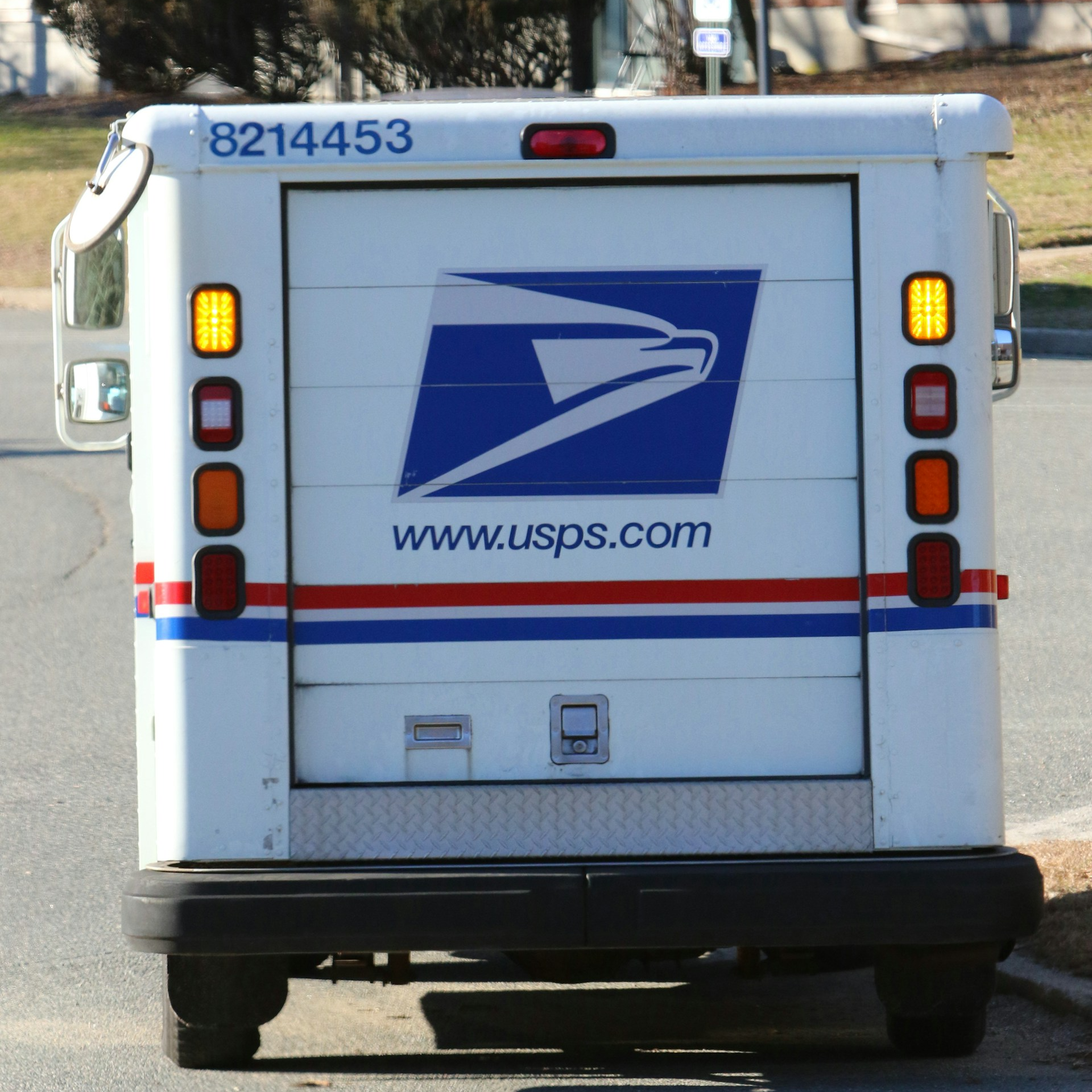Key Takeaways:
- PSHB changes highlight the importance of Medicare Part B enrollment for retirees, making it a critical decision for continued healthcare coverage.
- Understanding the relationship between PSHB and Medicare Part B can help retirees avoid coverage gaps and unexpected healthcare costs.
PSHB’s Big Change: Why Medicare Part B Enrollment Is a Must for Retirees
In 2024, significant changes are taking place within the Postal Service Health Benefits (PSHB) program, directly impacting how retirees will manage their healthcare coverage. One of the most critical elements of these changes is the need for retirees to enroll in Medicare Part B. This article explores why this shift is happening, what it means for retirees, and how to navigate this important decision to maintain optimal health coverage.
Understanding the PSHB Shift
The PSHB program has long been a vital resource for employees and retirees of the U.S. Postal Service, providing comprehensive healthcare benefits. However, beginning in January 2025, the PSHB will transition into a new structure, requiring many retirees to enroll in Medicare Part B as a condition for retaining their benefits under the PSHB plan. This transition is a result of the Postal Service Reform Act of 2022, which was designed to address the financial challenges faced by the U.S. Postal Service (USPS) by integrating PSHB with Medicare.
Previously, postal retirees had the option to enroll in Medicare Part B but were not mandated to do so. With the upcoming changes, the choice is no longer optional for most retirees; they must sign up for Medicare Part B to continue receiving their healthcare benefits through PSHB. This change is significant and requires retirees to carefully consider their enrollment to avoid potential coverage gaps or increased healthcare costs.
Why Is Medicare Part B Enrollment Essential Now?
Medicare Part B is the portion of Medicare that covers outpatient services, including doctor visits, preventive services, outpatient hospital services, and certain home health services. Historically, some retirees opted out of Medicare Part B to avoid the additional premiums, relying solely on their PSHB coverage. However, under the new PSHB structure, Part B enrollment becomes crucial for several reasons:
1. Integration of Benefits
The integration between PSHB and Medicare Part B is designed to streamline healthcare coverage for retirees. Once enrolled in Medicare Part B, it will serve as the primary coverage for outpatient services, with PSHB acting as a secondary payer. This arrangement can potentially reduce out-of-pocket costs for retirees by covering what Medicare does not, such as copayments and deductibles. Without Medicare Part B, retirees may find themselves responsible for these additional expenses, leading to higher out-of-pocket costs.
2. Avoiding Penalties
A key consideration for retirees is the potential penalties for delayed enrollment in Medicare Part B. If a retiree chooses not to enroll when first eligible, they may face a late enrollment penalty, which can significantly increase the cost of Part B premiums. This penalty is typically 10% for each 12-month period that a retiree could have had Part B but didn’t sign up. With the new PSHB requirements, avoiding these penalties is essential for maintaining affordable healthcare coverage in retirement.
3. Ensuring Continuity of Coverage
Enrolling in Medicare Part B ensures that retirees have continuous healthcare coverage. Given that PSHB benefits will be closely tied to Medicare coverage, failing to enroll could result in a lapse in coverage or the loss of certain benefits under PSHB. This continuity is especially important for retirees with ongoing medical needs or those who anticipate requiring more frequent medical care as they age.
Navigating the Enrollment Process
Given the importance of enrolling in Medicare Part B, retirees must understand the enrollment process and timeline to avoid any disruptions in their healthcare coverage. Here are key steps and considerations for navigating Medicare Part B enrollment:
1. Initial Enrollment Period (IEP)
The Initial Enrollment Period (IEP) is the first opportunity for retirees to enroll in Medicare Part B. This period begins three months before a retiree’s 65th birthday, includes the month of their birthday, and ends three months after their birthday month. Enrolling during the IEP is crucial for avoiding late enrollment penalties and ensuring coverage begins as soon as possible.
2. Special Enrollment Period (SEP)
Retirees who did not enroll in Medicare Part B during their IEP may qualify for a Special Enrollment Period (SEP) if they were covered under a group health plan through their or their spouse’s employment. The SEP allows retirees to enroll in Part B without penalties if they sign up during or immediately after the employment ends. This is particularly relevant for postal retirees who were covered under the PSHB plan while still employed by the USPS.
3. General Enrollment Period (GEP)
For those who miss both the IEP and SEP, the General Enrollment Period (GEP) is available from January 1 to March 31 each year. However, coverage does not begin until July 1 of that year, and late enrollment penalties may apply. Given the upcoming changes to PSHB, retirees should make every effort to avoid relying on the GEP, as this could lead to coverage gaps and higher costs.
The Financial Impact of Not Enrolling
Failing to enroll in Medicare Part B as required by the new PSHB rules can have significant financial implications. Retirees who do not sign up for Part B may face the following consequences:
1. Increased Out-of-Pocket Costs
Without Medicare Part B, PSHB will not cover outpatient services as it previously did. Retirees would be responsible for 100% of these costs, which can be substantial, especially for those with chronic conditions or who require regular medical care. The combination of Medicare Part B and PSHB helps mitigate these costs, providing comprehensive coverage that protects retirees from unexpected medical bills.
2. Penalties and Higher Premiums
As mentioned earlier, delaying enrollment in Medicare Part B can result in lifelong penalties that increase the monthly premium. Over time, these higher premiums can add up, putting a strain on retirees’ fixed incomes. Given that Medicare premiums are deducted from Social Security benefits, higher premiums could reduce the amount of benefits retirees receive each month.
3. Potential Loss of PSHB Coverage
One of the most severe consequences of not enrolling in Medicare Part B is the potential loss of PSHB coverage. The new PSHB rules clearly state that retirees must have Medicare Part B to continue receiving PSHB benefits. Without it, retirees may lose their secondary coverage, leaving them vulnerable to high medical costs and limited access to care.
How Retirees Can Prepare for the Transition
With the changes to PSHB set to take effect soon, it is crucial for retirees to prepare now. Here are some steps to take:
1. Review Current Coverage
Retirees should start by reviewing their current healthcare coverage under PSHB and evaluating how it will change once the new rules take effect. Understanding what services are covered, what costs will be incurred, and how Medicare Part B will integrate with PSHB is essential for making informed decisions.
2. Attend Information Sessions
Many organizations, including the USPS, will likely offer information sessions and resources to help retirees understand the upcoming changes. Attending these sessions can provide valuable insights into the new requirements and help retirees navigate the enrollment process.
3. Plan for Additional Costs
While enrolling in Medicare Part B will help mitigate out-of-pocket expenses, retirees should be prepared for the additional cost of Part B premiums. Budgeting for this expense is essential to avoid financial surprises once coverage begins.
4. Seek Guidance from Licensed Insurance Agents
Given the complexity of these changes, retirees may benefit from speaking with a licensed insurance agent who can provide personalized advice based on their unique situation. These agents can help retirees understand their options, ensure timely enrollment in Medicare Part B, and avoid potential pitfalls.
Ensuring a Smooth Transition
The upcoming changes to the PSHB program mark a significant shift for retirees, making Medicare Part B enrollment not just important, but necessary. By understanding the new requirements, enrolling on time, and planning for the associated costs, retirees can ensure they continue to receive the comprehensive healthcare coverage they need. Staying informed and proactive will be key to navigating this transition successfully and maintaining peace of mind during retirement.
Contact Information:
Email: [email protected]
Phone: 4105551234












